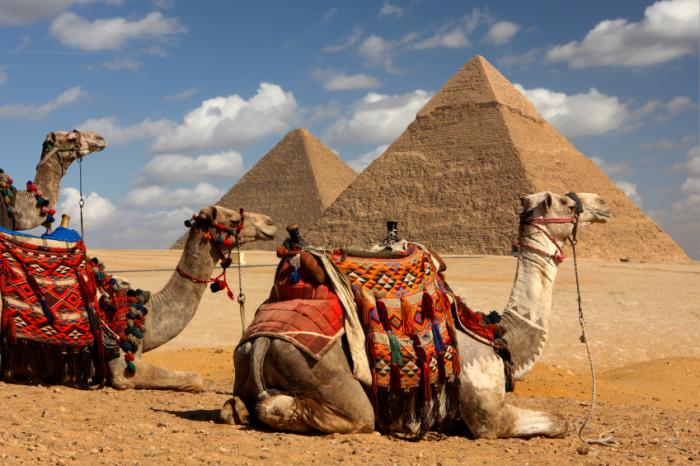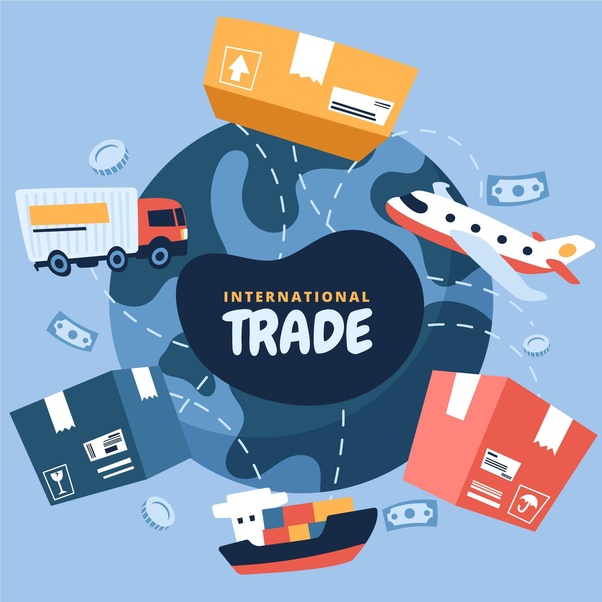Souvenir Sheet: Bactrian Camel (Camelus bactrianus) Caravan (Uzbekistan 2019)
Bactrian Camel (Camelus bactrianus) Caravan (Uzbekistan 2019)
23 August (Uzbekistan ) within release Images of the Silk Road (2019) goes into circulation Souvenir Sheet Bactrian Camel (Camelus bactrianus) Caravan face value 6,500 Uzbekistani som
| Souvenir Sheet Bactrian Camel (Camelus bactrianus) Caravan in catalogues | |
|---|---|
| Michel: | Mi: UZ BL97 |
| Colnect codes: | Col: UZ 2019-13SS |
Souvenir Sheet is horizontal format.
Also in the issue Images of the Silk Road (2019):
- Souvenir Sheet - Bactrian Camel (Camelus bactrianus) Caravan face value 6,500;
- Stamp - Bactrian Camel (Camelus bactrianus) Caravan face value 3,600;
- Stamp - Bactrian Camel (Camelus bactrianus) Caravan face value 6,500;
- Stamp - Bactrian Camel (Camelus bactrianus) Caravan face value 3,700;
Souvenir Sheet Bactrian Camel (Camelus bactrianus) Caravan it reflects the thematic directions:
A camel (from Latin: camelus and Greek: κάμηλος (kamēlos) from Ancient Semitic: gāmāl) is an even-toed ungulate in the genus Camelus that bears distinctive fatty deposits known as "humps" on its back. Camels have long been domesticated and, as livestock, they provide food (camel milk and meat) and textiles (fiber and felt from camel hair). Camels are working animals especially suited to their desert habitat and are a vital means of transport for passengers and cargo. There are three surviving species of camel. The one-humped dromedary makes up 94% of the world's camel population, and the two-humped Bactrian camel makes up 6%. The wild Bactrian camel is a separate species and is now critically endangered.
Mosquitoes, the Culicidae, are a family of small flies consisting of 3,600 species. The word mosquito (formed by mosca and diminutive -ito) is Spanish and Portuguese for little fly. Mosquitoes have a slender segmented body, one pair of wings, three pairs of long hair-like legs, and specialized, highly elongated, piercing-sucking mouthparts. All mosquitoes drink nectar from flowers; females of some species have in addition adapted to drink blood. The group diversified during the Cretaceous period. Evolutionary biologists view mosquitoes as micropredators, small animals that parasitise larger ones by drinking their blood without immediately killing them. Medical parasitologists view mosquitoes instead as vectors of disease, carrying protozoan parasites or bacterial or viral pathogens from one host to another.
Trade involves the transfer of goods and services from one person or entity to another, often in exchange for money. Economists refer to a system or network that allows trade as a market.


